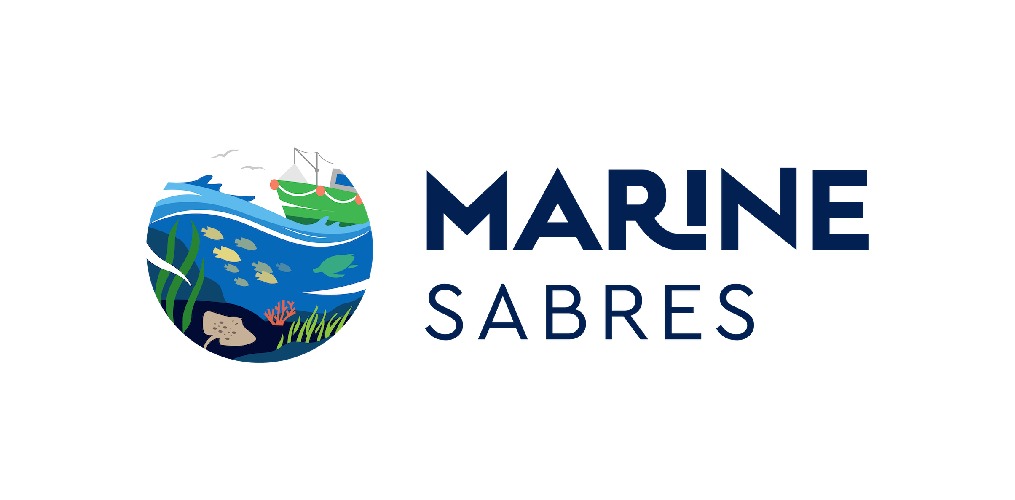
The Marine SABRES project (https://www.marinesabres.eu/) has designed an online Serious Game School Competition to introduce students to basic concepts of marine biology and coastal ecology, with the objective of increasing awareness on the intricate relationship between humans and the ocean (we also have a podcast available, for those wanting to learn more about biodiversity, human well-being, and climate change).
The date selected for the first school competition coincides, fittingly, with the World Fisheries Day, Thursday 21 November 2024.
Marine biodiversity loss is continuing unchecked, despite current conservation efforts. Effective conservation measures, that can also enable a sustainable and resilient blue economy, are crucial to reverse this decline. Social-ecological systems-thinking and Ecosystem-Based Management are globally recognised tools that can contribute to this objective.
Within this framework, Marine SABRES aims to engage and empower citizens to take action in promoting the importance of marine biodiversity conservation. In this spirit, the Serious Game School Competition is aimed at school teachers who teach natural or societal sciences, English or CLIL, and even citizenship and environmental education. You can find more details on the initiative here.
A gaming approach like this one in schools is crucial for raising environmental awareness among young learners. By engaging with interactive, educational tools, young students can grasp the importance of marine ecosystems and the role they play in supporting life on Earth. Early exposure to concepts can encourage a sense of responsibility and promote environmentally conscious behaviour from a young age.
Registrations are accepted until the day of the event: click here to sign up for the competition.